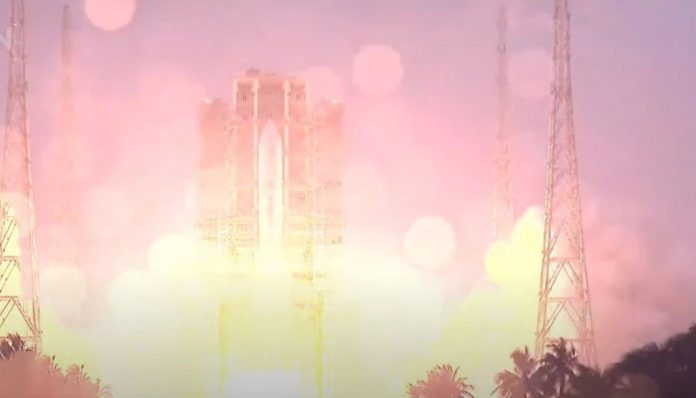Pakistan’s moon mission
Pakistan successfully Launched its first mission to the moon on May 3, 2024! This mission, called iCube-Q, is a collaboration between Pakistan’s Institute of Space Technology (IST) and China’s National Space Agency (CNSA).
iCube-Q is a small satellite called a CubeSat, which is about the size of a loaf of bread. It hitched a ride to the moon aboard China’s Chang’e 6 lunar lander, which is designed to collect rock and soil samples from the lunar surface. While Chang’e 6 is the star of the show, iCube-Q will be circling the moon in lunar orbit, capturing images and collecting data on the lunar environment.
This is a significant first step for Pakistan’s space program, and it paves the way for future missions to the moon and beyond.
Launch:
Date: Launching on May 3, 2024
Collaboration: Pakistan’s Institute of Space Technology (IST) and China’s National Space Agency (CNSA)
Launch Vehicle: China’s Chang’e 6 lunar lander
iCube-Q:
Type: CubeSat (miniature satellite)
Size: Roughly the size of a loaf of bread
Function: Orbiting the moon, capturing images, and collecting data on the lunar environment
Mission Goals:
Contribute to Pakistan’s space program development
Gain experience in lunar exploration through collaboration
Collect valuable data on the moon’s environment
Significance:
Pakistan’s first mission to the moon
Paves the way for future Pakistani lunar and space missions
Additional Points:
Chang’e 6, the mission iCube-Q hitched a ride with, aims to collect rock and soil samples from the lunar surface.
iCube-Q won’t land on the moon, but will stay in lunar orbit.
This mission is a major milestone for Pakistan’s space ambitions, and the data collected by iCube-Q will be valuable for future lunar exploration.






